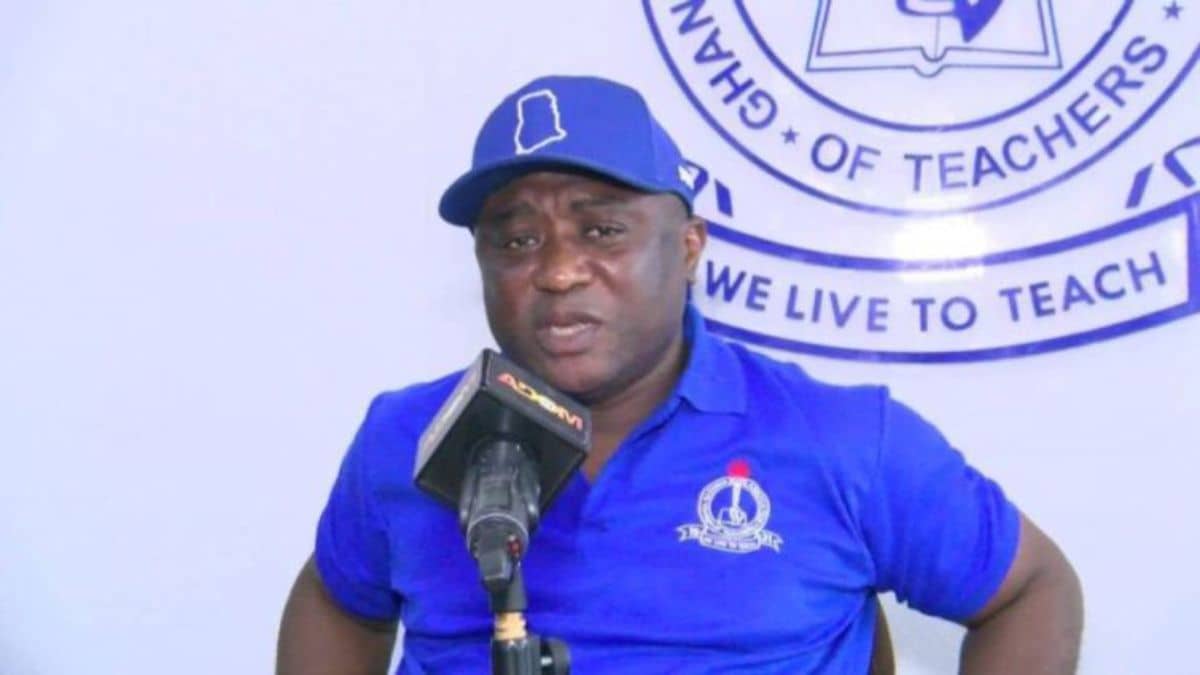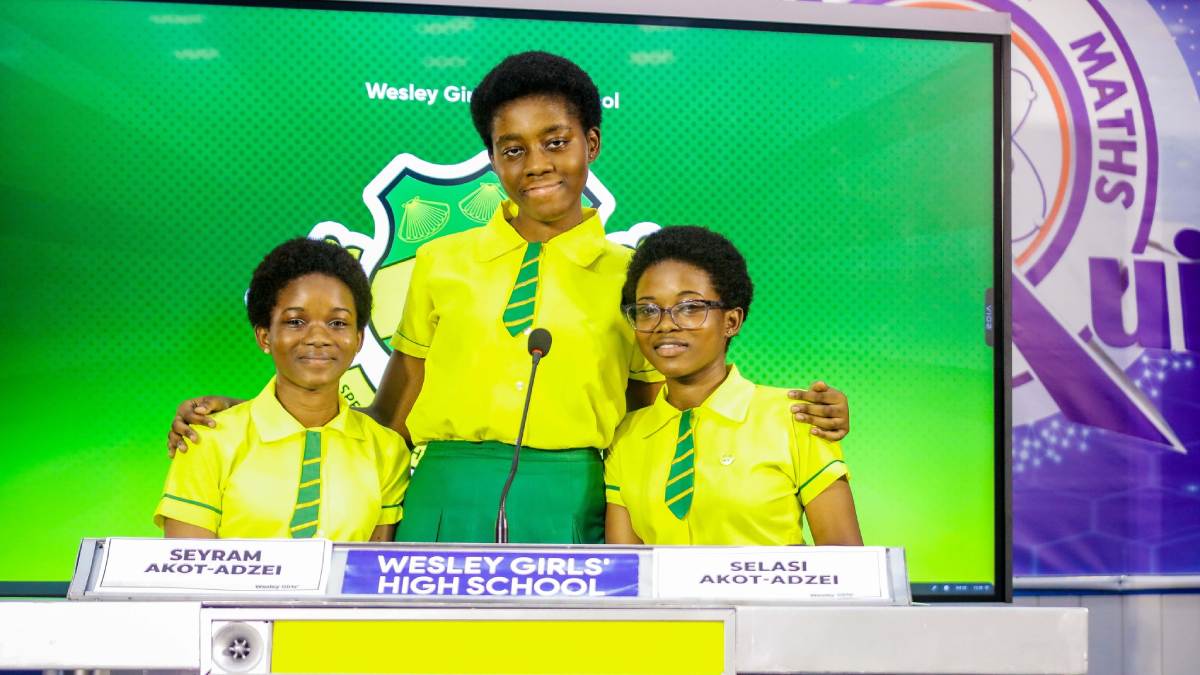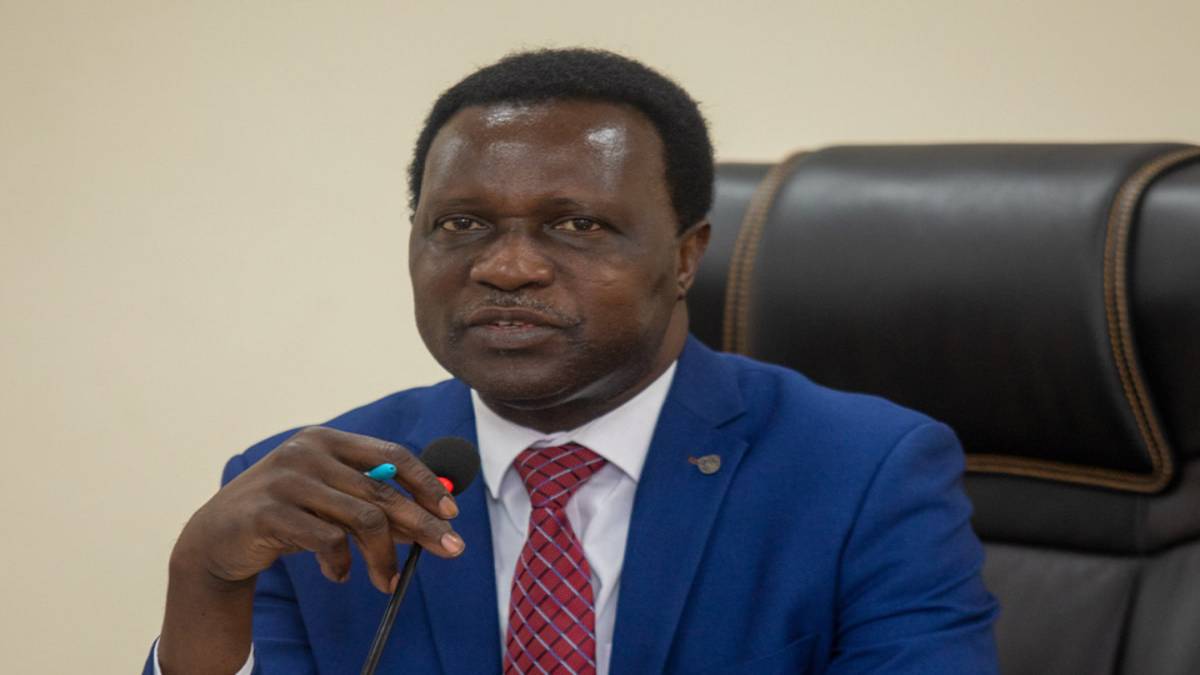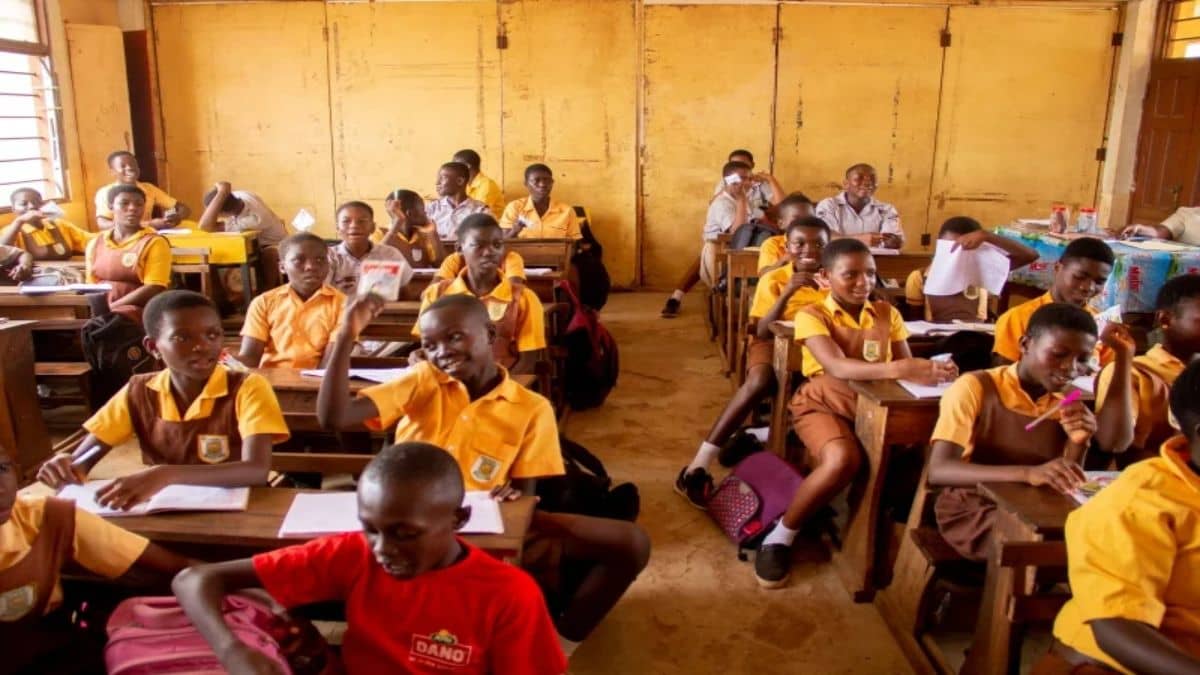MoE announces CSSPS portal to ‘check’ 2025 SHS/TVET placement
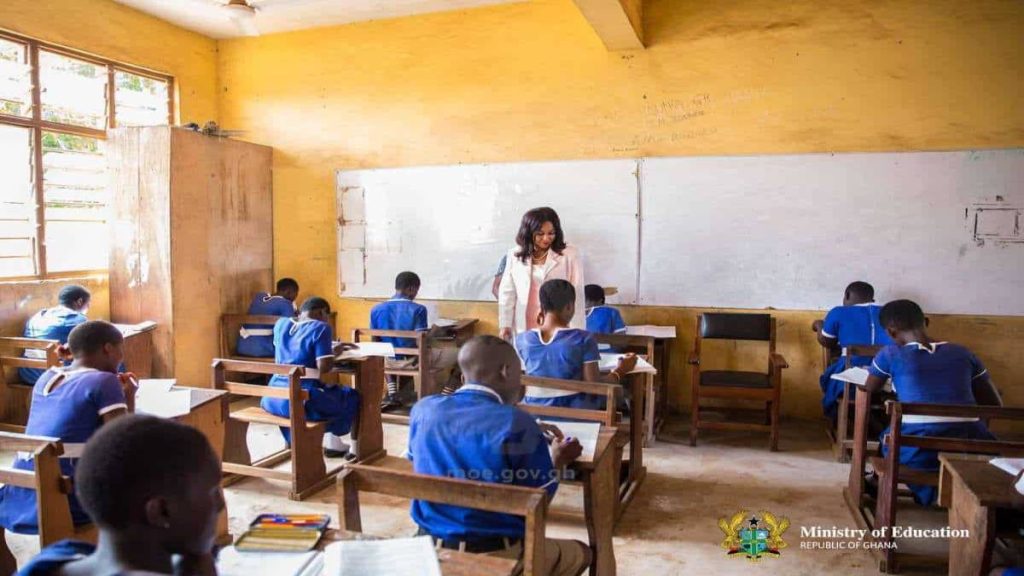
The Ministry of Education (MoE) says https://cssps.gov.gh is the only Computerised School Selection and Placement System (CSSPS) portal for students who sat for the 2025 Basic Education Certificate Examination (BECE) to check their second-cycle school (SHS/TVET) placement.
In recent years, students have been able to check their second-cycle school placement at https://cssps.org, but this year, the Education Ministry says only https://cssps.gov.gh will be used for the placement process.
The additional CSSPS website https://cssps.org was introduced in 2021 to contain high traffic amid downtimes experienced by the main Computerised School Selection and Placement System (CSSPS) portal https://cssps.gov.gh.
This year, an official of the Ministry of Education has said the bandwidth of the government computer school placement portal (https://cssps.gov.gh) has been increased to contain an immense amount of traffic when the second-cycle school placement results are out.
“We have put measures in place to ensure the portal experiences no downtime when the 2025 school placements are out. The bandwidth of the CSSPS portals has been increased to contain a lot of traffic or visitors,” the MoE official said.
This year, a total of 955 second-cycle schools are available, thus 514 Senior High Schools (SHSs), 7 Science, Technology, Engineering, and Mathematics (STEM) schools, 201 Senior High Technical Schools, and 233 Technical and Vocational Education and Training (TVET) schools.
Each candidate is expected to select seven second-cycle schools—five as main choices and two as alternatives. Of the five main choices, at least three must be boarding schools, with the remaining two designated as day schools.
Students are not to select more than one Category A school and no more than two Category B schools. While Category C schools are open to selection as either day or boarding options, candidates are not permitted to choose all five main schools from this category.
For students interested in Technical and Vocational Education, the 2025 edition of the second cycle school guidelines requires them to choose five TVET institutions across the three categories, with the option of boarding or day.
Aspiring STEM students, including those aiming for careers in engineering, medicine, or space science, are encouraged to prioritise science-focused institutions across all school categories.
“Candidates are required to select seven schools in total, five main choices and two alternatives, and these must be done in order of preference,” Free Senior High School Coordinator Sena Okity-Duah said at a press briefing.
She underscored the importance of parental involvement in the selection process, saying, “No selection form should be submitted without the signature of a parent or guardian.” She urged parents to retain a copy of the completed form for future reference.
The Free SHS National Coordinator Sena Okity-Duah said that joint teams from the Secretariat and the Technical and Vocational Education and Training (TVET) Service will be dispatched nationwide to sensitise students, parents, and school authorities on the updated selection procedures.
A total of 603,328 candidates, comprising 297,250 males and 306,078 females, from nineteen thousand, five hundred and five (19,505) Junior High Schools (JHSs) entered for the school examination.
This includes seventy-two (72 ) candidates with visual impairment, two hundred and thirty-nine (239) with hearing impairment, and one hundred and sixty-one (161) candidates with other test accommodation needs.
The examination was conducted at two thousand, two hundred and thirty-seven (2,237 ) centres across the country. Out of the total number, two thousand, five hundred and twenty-six (2,526) candidates were absent.
The BECE for Private Candidates recorded a total entry figure of one thousand, three hundred and ninety (1,661) candidates. This was made up of eight hundred and fifty-eight (858) males and eight hundred and three (803 ) females.
Fifteen (15) centres, mostly in the regional capitals, were used for the BECE for Private Candidates. Out of the total number of candidates who entered for the examination, fifty-seven (57) were absent.
